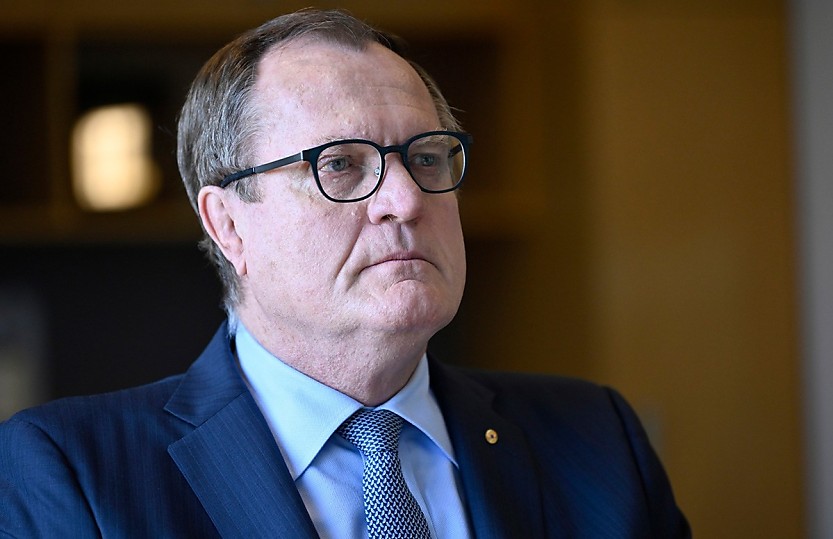Tax commissioner rebuffs claims of big 4, ATO ‘cozy relationship’

Public-private interchange is ‘healthy’ but we will likely see less of it in future, says the Commissioner of Taxation.
ATO Tax Commissioner Chris Jordan has rejected suggestions that the big four consulting firms enjoy a “cosy relationship” with the ATO.
“Well, the way I put it is the big four firms don’t think they have a cosy relationship with us,” he answered. “They have their arguments, we work with them, we need them in the system,” said Mr Jordan, speaking at the National Press Club on Wednesday.
Mr Jordan said “it’s a shame” that fewer senior private sector employees will be looking to sacrifice pay in coming to work for the public service – presumably because of the ongoing Senate consulting inquiry.
“You do need an interchange to have a thriving, stimulating environment. It’s good for people to go to the private sector – and maybe come back – it’s good for the private sector,” he said.
“Just because you work somewhere once, doesn’t mean that forever after, you love everyone that’s ever there…so I just reject that as a general notion.”
By facilitating a degree of public-private interchange, “we get the benefit of knowledge” that might not have been otherwise available, he said. Unfortunately, the PwC tax leaks scandal exposed that knowledge sharing can sometimes go the other way too.
Mr Jordan pointed to the private-public interchange enjoyed by the United States’ securities regulator – the SEC – the employees of which often move on to roles in the private sector.
While that relationship has not been blemish-free either - for example, in 2019 Michael Cohn, a former employee of the SEC was charged with leaking information concerning an investigation into a private equity group he later joined – the thrust of the inquiry is deeper than these isolated incidents.
“I think the PwC issue has really shone a light on … what should be the governance arrangements,” said Mr Jordan.
While he was ambivalent about the need for a standalone big four regulator, he said “it is certainly worthwhile investing time and effort to see what is possible.”
“I don’t think people ever thought years ago that there would be partnerships of nearly 1,000 partners. That they would be doing work across such an extremely broad area,” he said.
Mr Jordan referred to ASIC chairman Joe Longo’s recent suggestion that ASIC can only regulate a “sliver” of big four activity given their breadth of offerings and the inadequacy of existing legal structures.
Partnerships are governed by state and territory laws. “We can only really look at the individual partners as taxpayers. So, it is worth a discussion,” he said.
Reportedly, Mr Jordan suggested the partnership laws should more closely reflect those under the federal Corporations Act said the AFR.
Mr Longo pleaded the same cause at the Senate estimates committee last Thursday, claiming state laws and regulators were incapable of effectively governing the activities of the big four.
“There’s no overarching federal law and there is certainly no, to my knowledge, state-based regulator or institution of any note that [is] worrying about the affairs of a PwC or a KPMG,” he said.
“We’re talking about an area that I think is very hard to regulate, frankly.”






